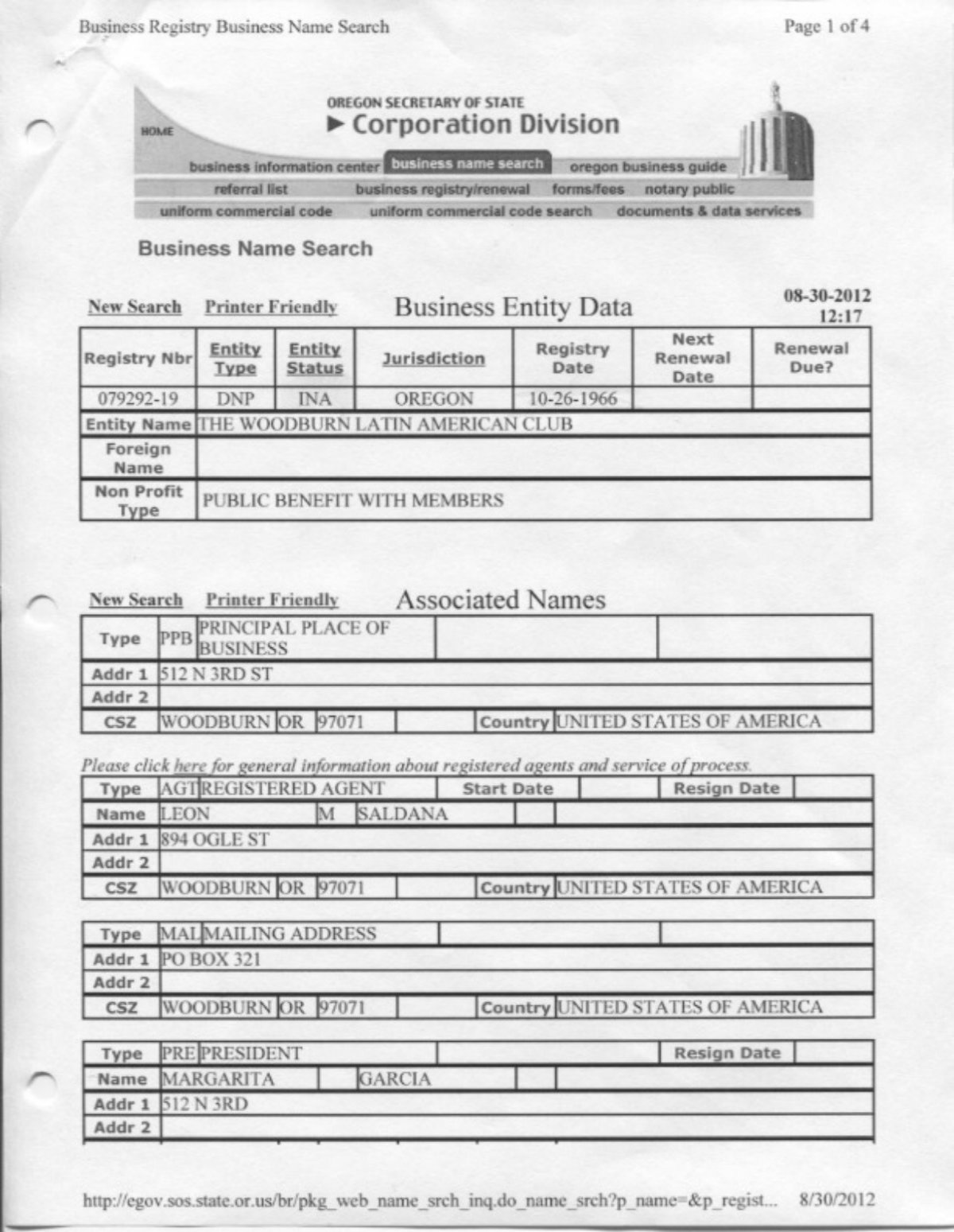
In the dynamic world of entrepreneurship, understanding the ins and outs of a business registry is paramount. It’s more than just a formality; it’s a cornerstone of legitimacy, a gateway to opportunities, and a shield against potential legal pitfalls. Whether you’re a budding startup or an established enterprise, mastering the business registry is crucial for achievement. So , let’s dive in and explore everything you need to know!
What is a Business Registry? A thorough Overview
A business registry is essentially a public database that contains information about registered businesses within a specific jurisdiction. This could be a country, state, or even a local municipality. Think of it as a central hub where details like the business name, address, ownership, and legal structure are officially recorded. But why is this crucial? Well , let’s delve deeper.
Why is Registering Your Business crucial? The benefits Unveiled
Registering your business isn’t just a formality; it’s a crucial step that unlocks a plethora of benefits. First and foremost, it establishes your business as a legitimate entity, giving you the legal right to operate. This is essential for securing licenses, permits, and even opening a bank account in your business name. Moreover, registration protects your business name, preventing others from using it and potentially confusing customers. It also enhances your credibility and trustworthiness, making it easier to attract investors, partners, and clients. Imagine trying to secure a loan without proper registration – it would be an uphill battle!
Related Post : bussines apps
Navigating the Business Registry: A Step-by-Step Guide
Okay, so you understand the importance of a business registry. But how do you actually navigate it? The process can vary depending on your location, but here’s a general outline: 1. study: Start by studying the specific requirements for registering your business in your jurisdiction. This information is usually available on the government’s website or through a business advisory service. 2. select a Business Structure: Decide on the legal structure of your business, such as sole proprietorship, partnership, LLC, or corporation. Each structure has varied implications for liability and taxation. 3. Name Availability: Check if your desired business name is available. Most registries have an online search tool for this purpose. 4. Application: Complete the registration application form, providing all the required information accurately. 5. Submission and Fees: Submit the application along with any required fees. 6. Approval and Certificate: Once your application is approved, you’ll receive a certificate of registration, which serves as proof of your business’s legal existence. Remember , accuracy is key throughout this process!
Common Mistakes to Avoid When Using a Business Registry
While navigating the business registry might seem straightforward, there are some common pitfalls to watch out for. One frequent mistake is providing inaccurate or incomplete information on the application. This can lead to delays or even rejection. Another error is failing to keep your business information up-to-date. If your address or ownership changes, it’s crucial to update the registry accordingly. Ignoring these updates can outcome in legal complications down the line. Also , be sure to understand the specific requirements and regulations in your jurisdiction to avoid unintentional non-compliance.
Beyond Registration: Leveraging the Business Registry for Growth
The business registry isn’t just a place to register your business; it’s also a valuable resource for growth and networking. Many registries offer online directories that allow you to search for other businesses in your industry or location. This can be a great way to determine potential partners, suppliers, or even customers. Furthermore, some registries offer access to industry study data and other resources that can help you make informed business decisions. Think of it as a complimentary source of business intelligence! By actively utilizing the business registry, you can gain a rival edge and expand your network.
In conclusion, understanding and utilizing the business registry effectively is crucial for any entrepreneur or business owner. It not only ensures legal compliance but also opens doors to numerous opportunities for growth and collaboration. So , take the time to explore your local business registry and leverage its resources to your benefit!

